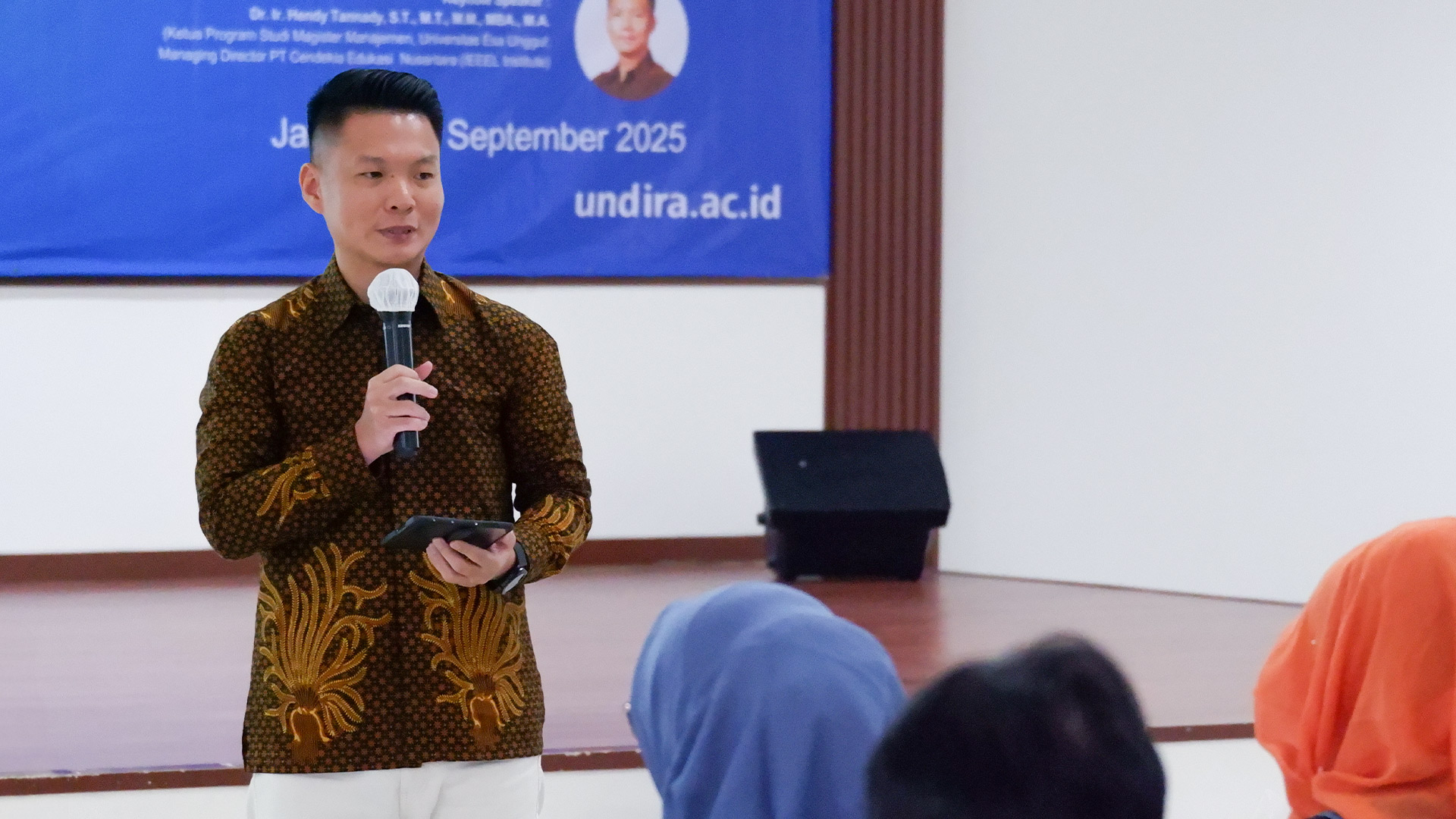Stop Randomly Snapping Photos While Studying! Is It Better to Take Notes or Take Photos? Here’s the Explanation

Studying is a process that requires time and active engagement. Each individual has their own learning style—and the techniques they use greatly influence how effectively they absorb and apply the knowledge they gain. Two commonly used methods in the learning process are note-taking and photographing study materials. But in today’s fast-paced digital era, can taking photos really replace the effectiveness of taking notes?
There’s no denying that smartphones and technologies like AI have made accessing information easier than ever. With just one click, all your lecture materials are neatly saved in your gallery. However, this convenience doesn't come without its downsides.
Unlike taking photos, writing notes by hand involves more active information processing. When you take notes, your brain is forced to filter, understand, and reorganize information in your own words. This process not only improves comprehension but also strengthens long-term memory retention. In reverse, taking photos to record informations has a few disadvantages which are;
1. Distractions and Digital Addiction
Using digital devices while studying can be a double-edged sword. On one hand, they’re efficient—but on the other, notifications from social media and other apps can be highly distracting. According to Tirtayanti (2021), excessive gadget use is also linked to a higher risk of digital addiction and reduced study motivation.
2. Memory Decline
A study by Henkel (2014) revealed that photographing information can actually impair memory retention. This phenomenon is known as the photo-taking impairment effect, where the brain becomes “passive” because it assumes all the information is stored in photos. As a result, the brain’s ability to absorb and recall information deeply is diminished.
Self-written notes—even if they’re just brief summaries—tend to be far more meaningful and easier to understand than a collection of slides stored away and rarely opened. The language used in your own notes is more personal, making it easier to comprehend when reviewing later. Taking notes also allows students to identify and select the most relevant points from a lesson.
Note-taking isn’t just copying—it’s an active thinking process. It trains critical thinking, helps build connections between ideas, and supports active recall—which is the practice of retrieving information from memory without directly looking at your notes. This is one of the most effective study techniques, and it can be done through discussions or self-reflection.
In short, note-taking can help:
-
Strengthen memory retention
-
Prevent excessive digital dependence
-
Encourage communication and interaction among students
For lecturers, having students take notes helps facilitate a more stable and interactive learning environment. Activities like note-based discussions or note comparing can significantly increase student engagement, helping to develop communication skills and providing insight into how well students are grasping the material.
Taking photos might seem convenient, but it often creates the illusion of learning without actual understanding. On the other hand, taking notes may require more effort, but the benefits are far greater—for understanding content, improving memory, and building disciplined study habits.
So from now on, try not to just “snap and go” during class. Bring back the habit of taking notes, even just a little. Because who knows? The simple notes you write today might just save you during exam time.
(Sekar Ayu / Humas UNDIRA)
Press Contact :
Biro Humas & Sekretariat Universitas Dian Nusantara
Facebook : www.facebook.com/undiraofficial
Instagram : www.instagram.com/undiraofficial
Twitter : www.twitter.com/undiraofficial
www.undira.ac.id
Other

Promoting Quality Research and Publications: LRPM UNDIRA Holds Seminar on Tips & Tricks for Getting Accepted in Reputable International Journals
Read more
Develop Cross-Disciplinary Skills: Preparing Students for the World of Work
Read more
Bringing More than Just Breeze: Understanding the Meaning of the Night of Lailatul Qadr
Read more
Campus Tanjung Duren
Jln. Tanjung Duren Barat II No. 1
Grogol, Jakarta Barat. 11470
Campus Green Ville
JIn. Mangga XIV No. 3
Campus Cibubur
Jln. Rawa Dolar 65
Jatiranggon Kec. Jatisampurna, Bekasi. 17432







